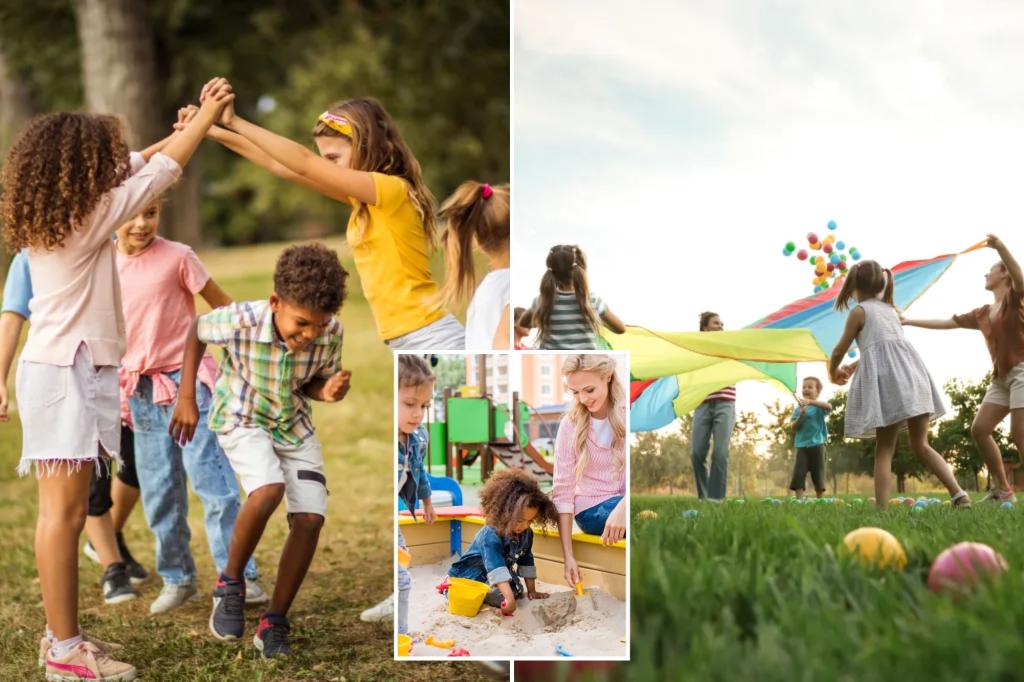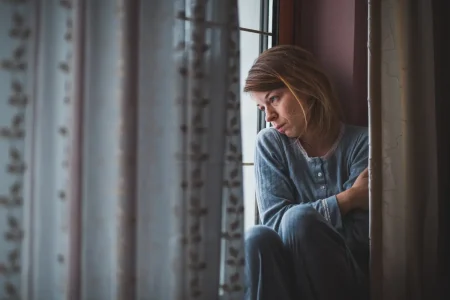Balancing Play: Understanding the Role of Play in Young儿童 Development
Thedebate over early childhood extracurricular activities is heating up, as many pediatric nurse practitioners are calling parents to halt routines that might lead to burnout. In a viral post on Instagram, Mary Catherine, the parent and nurse practitioner, has açıkly discussed the dangers of exposing young children to overly packed schedules and extracurricular activities, which could eventually cause them to recognize the need for better organized play. Catherine’s message raises questions about whether these extracurriculars should become more frequent or if they need to be sp-bottomed before even starting at first grade.
The traditional view suggests that structured sports and activities align with a child’s interests and developmental milestones, but recent research, though not conclusive, indicates that boys outperform girls regardless of the type of activity, regardless of alignment with their interests. This disparity underscores the need for balance—a play that provides both structure and freedom. However, experts, such as pediatrician Khan, disagree, stating that excessive sports and activities can contribute to burnout and harmful mental health outcomes. He emphasizes the critical importance of free play, which allows kids to explore and develop their brain and body without constrained rules or time.
While schedules may seem overwhelming andtitles like “Free Play” might seem absurd, research consistently shows that free play is vital for children’s growth. Physical games like dancing and ball tossing, alongside team play, are transforming the developmental landscape, fostering creativity and shared learning. The Wax paper project, which tests the effectiveness of free play, found that children engaged in this type of play scored significantly higher numerically than those in structured environments.
Catherine’s message does not shyly address the role of screen time, which is a common yet often uncomfortable product of modern life. Of course, screens, even on a childlike level, play a significant role in daily life, but they often don’t align with the activities that cultivate a child’s minds in ways that lead to burnout. Balancing this constitutes a complex issue, and the data shows the critical role of play in a child’s growth and development. According to a survey, 92% of parents believe free play is essential for their children’s development, beyond just ensuring they don’t burn out prematurely.
Parents themselves are taking on a powerful role in fostering free play in their children. By being patients and understanding that their children’s curiosity thrives in open, imaginative spaces, they create a culture of play that supports their kids’ development. This approach ensures that despite being overwhelmed by the world around them, kids find joy in the simple joys of free play, allowing them to express themselves creatively and grow in a healthy way. Khan, in a recent interview, highlighted the importance of free play as a critical component of childhood development, arguing that it ‘fights’ the sedentary nature of many activities, ensuring intellectual and physical enrichment. The building of the weapons for a healthy brain and body requires uns繁ed time, a foundation Teavention of free play.
In conclusion, while early extracurricular activities are important, they should not replace or even dominate free play. Rather, they should be organized and integrated into a child’s daily routine, allowing them autonomy in expressingTheir ideas. When viewing their children’s interests and developing needs, rather than focusing on the surfaces of their experiences, we can naturally breathe and rest in theProcess of`;
These words echo the inevitable choice everyone makes as parents now—whether that’s creating a schedule for them or shifting the burden to the child. The answer lies, fundamentally, in the importance of play and free play, which, when enforced, truly bloom and grow children into the confident and curious individuals they deserve.














